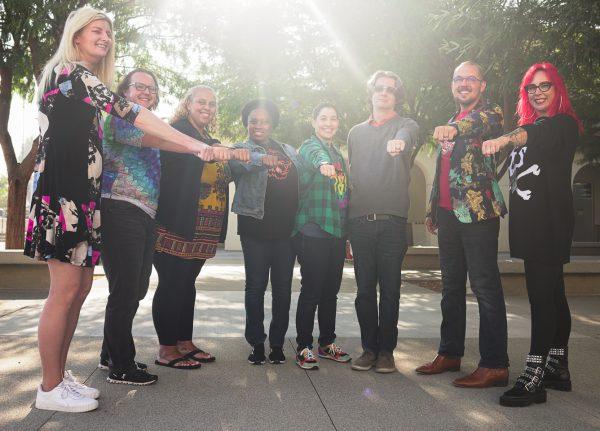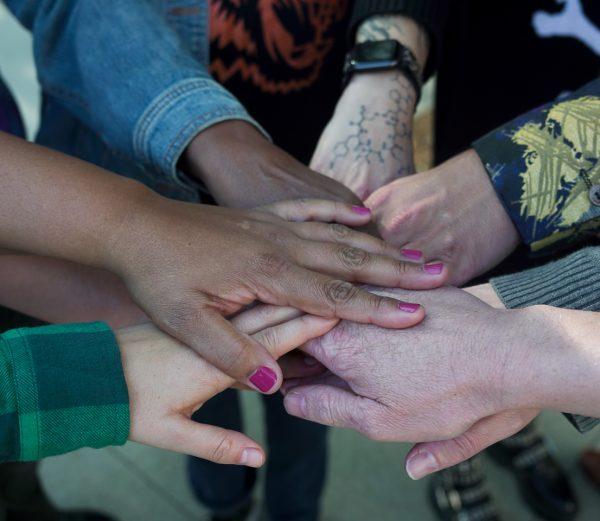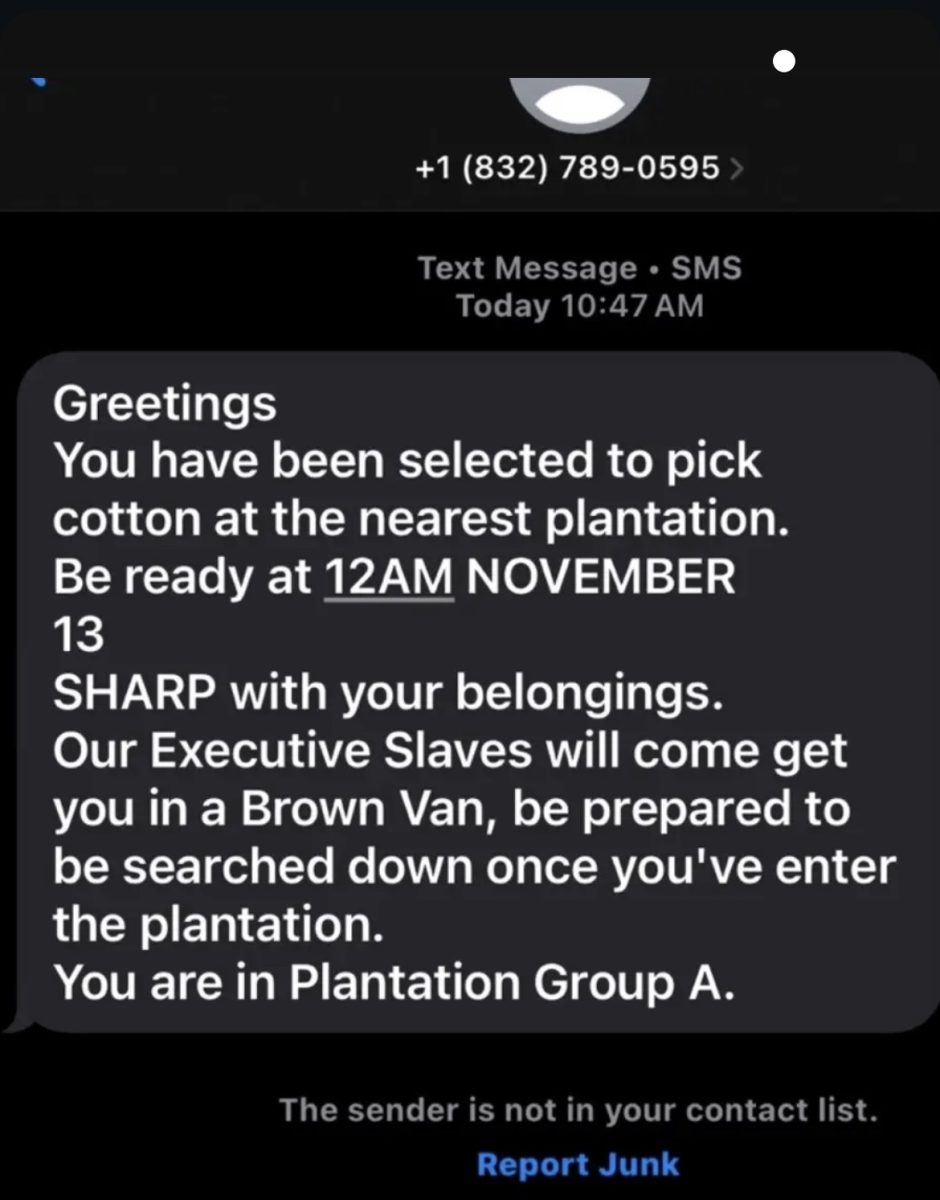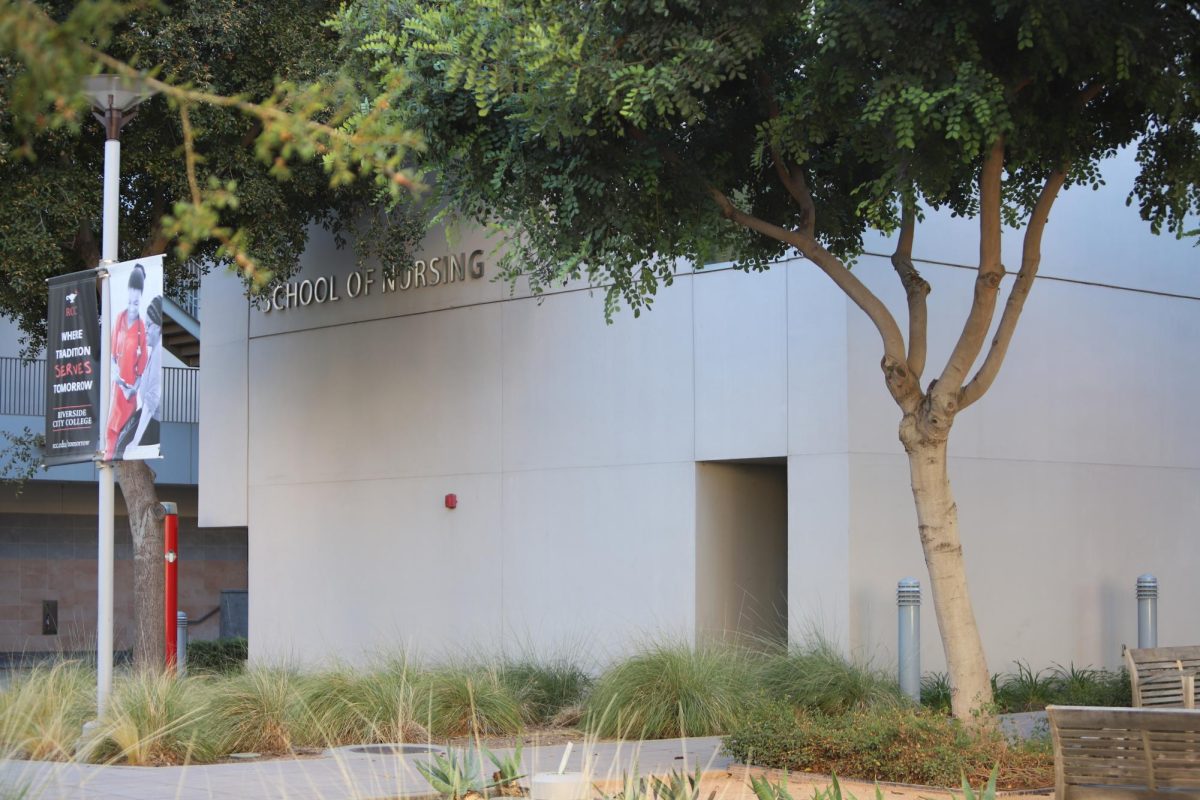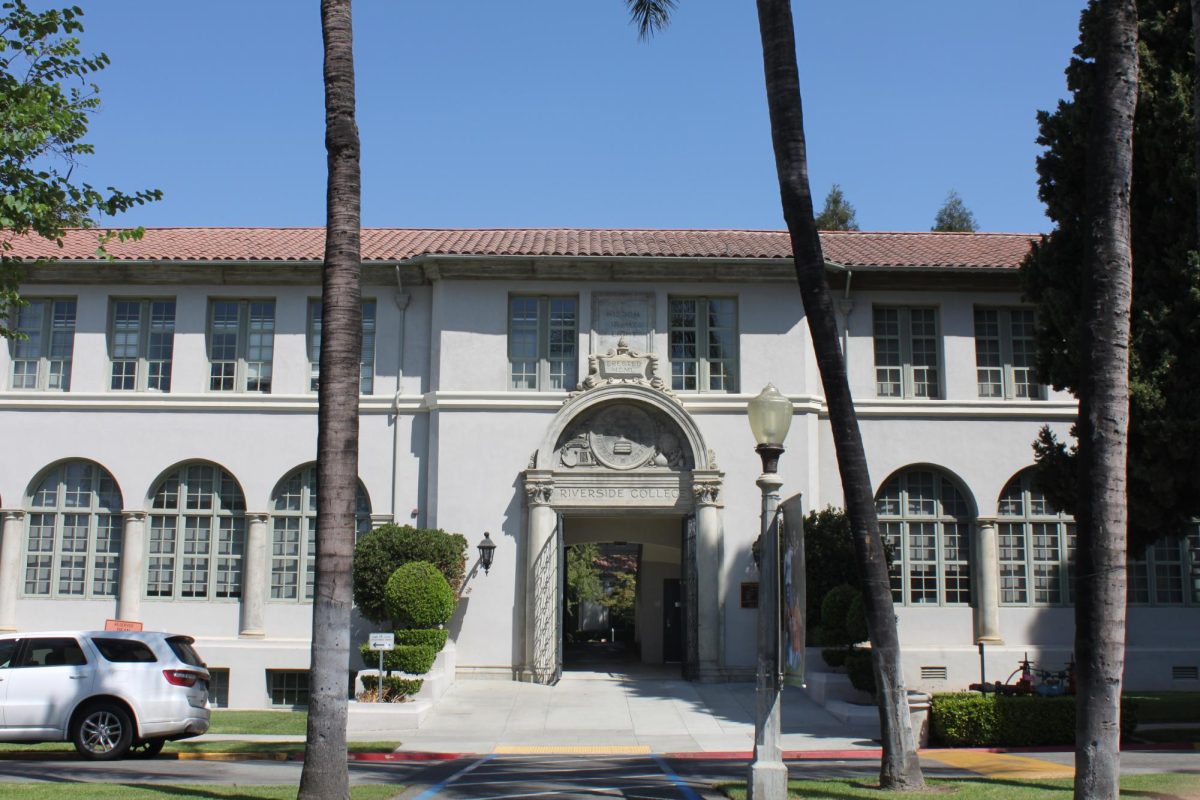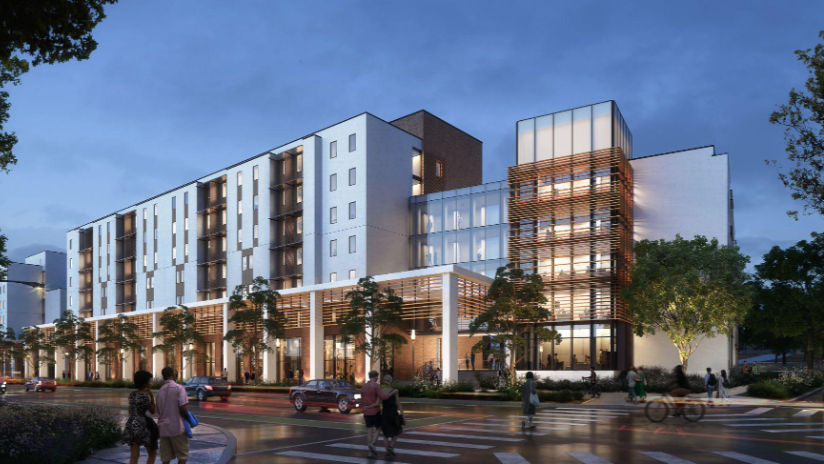By Daesha Gear
The Riverside Community College District Board of Trustees said it is attempting to ensure a welcoming environment for LGBTQIA2+ students by funding Student Services and Ally training.
However, much work needs to be done to achieve this ideal environment, according to faculty, staff and LGBTQIA2+ students at the Nov. 2 Board meeting.
According to the district, there is no accurate number of this particular demographic of students as it relies heavily on data.
Some students may not have publicly come out and may feel uncomfortable doing it on a survey, according to Al Weyant-Forbes, Extended Opportunity and Services (EOPS) specialist for Riverside City College.
Consequently, it becomes a challenge for RCCD to provide support or fund services for its LGBTQIA2+ students.
“Not having that data makes it hard to get funding because everything is about the retention rates, like success rates,” Wendy Silva, LGBTQ+ Association for Student Success and Equity (LASSE) secretary, said. “And if we can’t prove that LGBTQIA2+ students are struggling, then it’s hard for the school to give us money to help (our) students do better.”
Despite challenges, LASSE and members of other Student Services are still managing to capture this underrepresented student experience.
Some students, however, felt discriminated against and reported their experiences to Deborah “D.” Brown, co-chair of LASSE.
“Two students that I spoke with ended up dropping (their) classes because they were misgendered,” Brown said. “Even though they came out in that space as a trans woman or trans-femme-identified, they were often, in that course, referred as ‘he’ and not respected for their gender.”
Similarly, Jennifer Shaw, Sexuality and Gender Acceptance Club (SAGA) representative and vice president, further explained students’ difficulties when experiencing harsher treatment from their faculty, staff or peers.
Some nonbinary, transgender or gender non-conforming students who faced discrimination have difficulties reporting their experiences to the college.
“It’s mostly pertaining to microaggressions, and that is harder to report,” Shaw said. “Their body language and how they act (toward) you — you can’t really report on that.”
Despite challenges, one program strives to offer support toward this demographic of students through the understanding and support of allies.
The Ally training program is offered at all three college campuses to educate staff, faculty and students on the issues of marginalized sexualities and identities.
Andrea Dillon, LASSE and Ally program coordinator, emphasized the benefits of attending the training seminars.
“As we gain more knowledge, the more we can pass it on to provide more resources than just talking to people,” Dillon said. “You can tell someone to have an inclusive environment all you want, but if you’re not providing resources on how to do so, you’re still doing (students) a disservice.”
Some leadership from prominent backgrounds also recognized the importance of the training.
“It’s one thing to be an advocate, but if you don’t have an understanding of the history and background, then it’s harder,” RCC President Gregory Anderson said. “Ultimately, if we can have more employees, classified professionals, faculty members and administrators who are seen as allies, it creates more of an inclusive environment here.”
Ally training, however, is optional for staff, faculty and students, and students have mixed feelings on whether it should be mandatory for instructors.
“I’m not sure about having (Ally training) be mandatory,” Jess Castillo, social media director of SAGA, said. “I think (instructors) should choose for themselves if they want to take part of this training program and learn (about) their students better.”
For some, the lack of participants creates an environment of indifference.
“There are certain types of professions where a level of understanding is necessary — a college staff or faculty member is one of them,” said a student who wished to remain anonymous. “This can be applied to any marginalized group. Colleges say they want to help (their) students, but you can’t help someone you don’t understand.”
Making Ally training mandatory is a major district decision, according to Anderson.
“Any decision like that has to be negotiated with the bargaining units that represent the employees — so, it’s a working condition that needs to be negotiated.”
However, some recommend those who complete the training return in the future since the subject of LGBTQIA2+ issues are constantly evolving.
“I encourage everyone to attend our knowledge training when they can,” Weyant-Forbes said. “But just attending it once — I don’t think it’s enough because needs and issues are evolving.”
Having a reliable location — similar to an engagement center — is essential to ensure a welcoming environment for LGBTQIA2+ students.
“I think having a permanent space would be really affirming, not only for LASSE but for students to actually have a space where they can go to know they’re going to be loved, cared for and supported,” Silva said.
Another goal for LGBTQIA2+ students is greater access to mental health services. In 2016, The Jed Foundation, a non-profit organization that advocates for mental health, conducted a national study among these overlooked college students. The California Community College (CCC) Chancellor’s office further researched the disparities that LGBTQIA2+ students face compared to their heterosexual counterparts.
The CCC discovered that LGBTQIA2+ students experience high rates of anxiety, depression, substance abuse, housing insecurity and attempted suicide.
“I think we still have a lot of work to do in terms of having greater access to mental health care to physical health care,” Weyant-Forbes said. “We’re getting there — we’re doing some of the work on campus, but we still have a lot more left to do.”
Representation is another key to achieving an ideal inclusive environment through the LASSE, Ally training and mentorship programs.
“We’re slowly not a full representation, but we’re getting there, and a lot of it has to do with what we’re doing with queer, trans and ally of faculty, staff and students,” Robert Hyers, SAGA adviser, said.
Inclusivity amongst faculty members is crucial, but it may not be enough in solving issues for students that continue to be unrepresented.
“One of the amazing things about this group is that we do have a mix of folks that are here and have been involved and say, ‘we want to support you in any way we can,’” Brown said. “So I think we’re getting there, but hearing about the stories about those students (experiencing discrimination) — I can say those stories happen every semester is a sign we’re not there yet.”
The right for inclusivity and representation for LGBTQIA2+ students is needed at RCCD to ensure that their voices are heard and recognized.
“We’re still fending for ourselves a little bit — we’re still in our infancy, even though our community has been around forever, but I think we’re working toward it,” Dillon said. “As of right now, we’ve still got a lot of room to grow up. I don’t feel like everything has been discussed; I don’t feel that all of our voices have been heard.”
Voices are not fully represented at RCC, but allies are dedicated to hearing the disparities that marginalized communities face.
“I think it’s very clear to anybody who’s met me and met members of my administration team, and we’re committed to hearing that voice,” Anderson said. “And we’re committing to creating a welcoming, inclusive environment for all of our students.”
Some students feel represented, but the same reality may not exist for others.
“I’ve felt like our voices are being represented in some ways,” Castillo said. “I believe we now live in a time where people cannot deny us for existing — especially on school grounds — and it’s good that they’re listening to us somewhat. I cannot say for others, though, but that’s my personal take.”
“I have felt nothing but welcomed by staff. I have pride pins that are visible and have not felt unsafe on campus,” said a student who wished to remain anonymous. “Of course, there’s always the possibility of other students not being that welcoming. It’s only in those situations where the college will show whether or not they’re actual allies.”
LASSE and members of other student services strive to continue advocating for unrepresented students at RCC.
“I believe that the administration and staff leadership is moving forward slowly, but they see us,” Sharice Fox, LASSE mentor program coordinator, said. “They see us because we’re loud, bold and colorful. So I do believe that we’re going to be supported, but with anything that’s worth having, there’s always a battle.”

